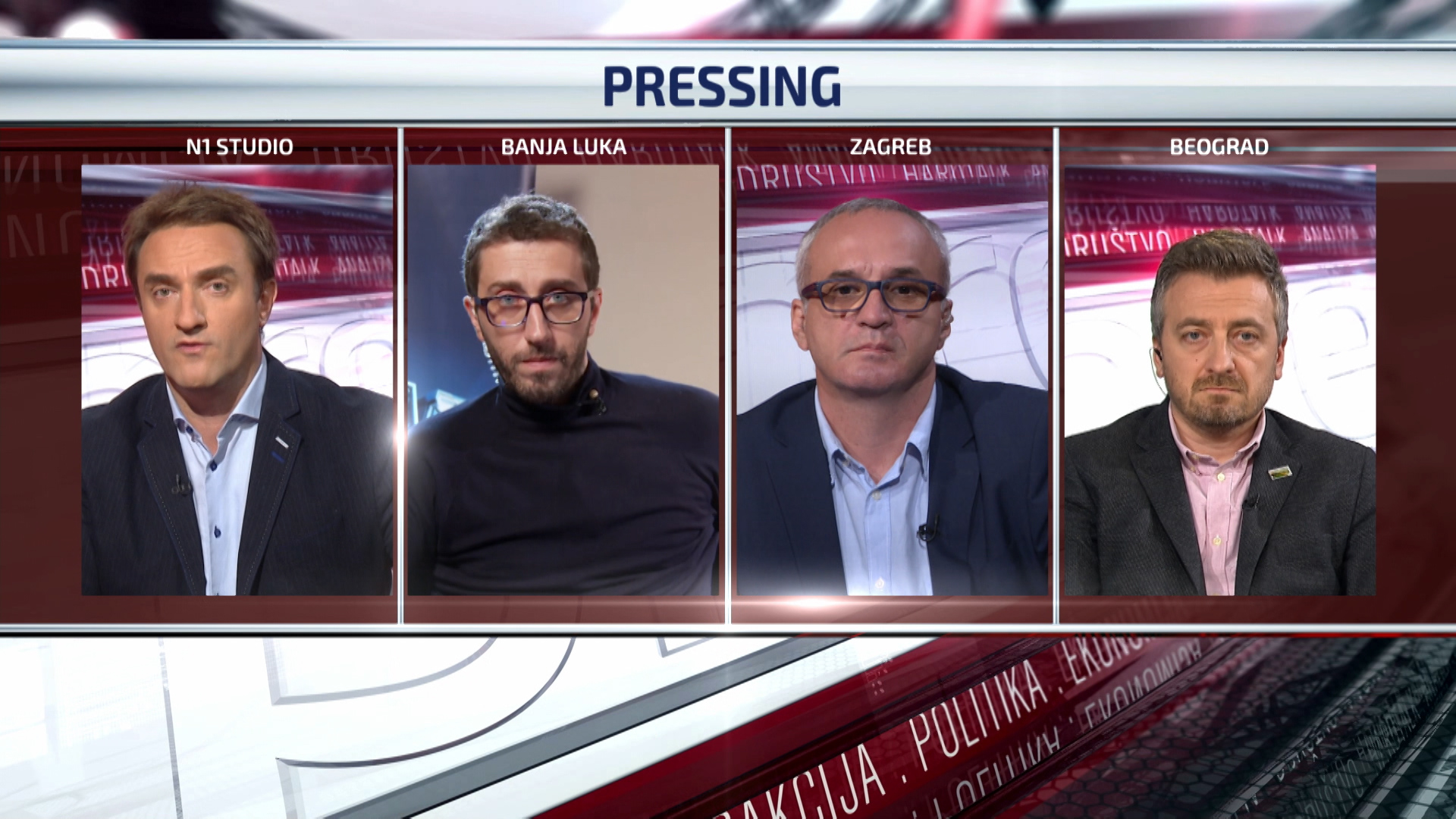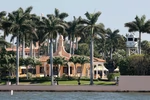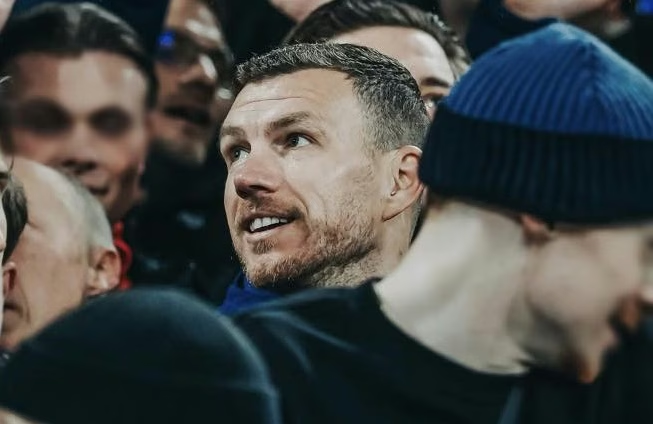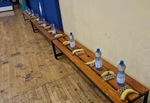
Journalists from Bosnia, Serbia and Croatia who were attacked because of their profession told N1 on Wednesday evening that they are not afraid, but that it is worrisome that most of the attacks are likely orchestrated by people in power.
Editor at the Balkan Investigative Network from Serbia, Slobodan Georgiev, the head of Croatia’s Journalist Association, Hrvoje Zovko, and the editor of the Gerila portal and BN TV reporter, Vladimir Kovacevic, from Bosnia, were victims of various forms of attacks.
Kovacevic was hospitalised after two men beat him with batons in August last year in Banja Luka, the administrative centre of Bosnia’s Serb-majority region. His case was treated as attempted murder and one of the attackers was sentenced to four years behind bars, while the other one is still on the run.
“The worst problem is that we will never officially find out who ordered the attack. Various names are being mentioned, but I think, chances are small that we will ever get official answers,” Kovacevic said, adding that he does not think institutions are interested in investigating it.
“The motive was definitely my work over the past five, six or seven years with different media organisations,” he said.
Kovacevic added that those who ordered the attack are most likely connected to politicians or “to people close to the ruling party.”
Slobodan Georgiev said he had similar experiences, although not as violent as Kovacevic’s, but that the problem is that journalists are often attacked by the regime.
“The government does not want to hear different voices, they are the owners of the truth and all those who try to question it quickly become targets,” he said, adding that Serbia has numerous cases of unsolved attacks on journalists.
“Who will be responsible if something happens to me? All of those attacks are, for now, thank God, only verbal attacks, but they represent some kind of pressure. They came from the top,” he said.
Georgiev said that the current Serbian President dedicated his first extraordinary press conference to his outlet’s report about Arab business partners.
“He then accused us of working against the state. After that, a routine campaign began on social media, tabloids and TV. I was the subject of special programmes on some channels,” he said.
“They think that every voice that is different is dangerous and that it needs to be cut down from the start,” he added.
Hrvoje Zovko, from Zagreb, also pointed out that the essential problem is that those who order such attacks are never found.
“Who is responsible? The institutions that tolerate and incite hysteria against journalists,” he said.
Zovko argued that “in Croatia, the narrative from the 1990s is coming back.”
“What would this sad Croatian society look like without investigative journalists,” he asked.
Zovko is one of the journalists whom the public broadcaster in Croatia, HRT, sued over criticism of the way the channel is being run and managed. HRT’s claim said that the criticism damaged its "honour and reputation.”
The International Federation of Journalists (IFJ) and the European Federation of Journalists (EFJ) called upon HRT’s management to withdraw the lawsuits, while dozens of NGO’s initiated a boycott of the public broadcaster.
Kakvo je tvoje mišljenje o ovome?
Učestvuj u diskusiji ili pročitaj komentare





 Srbija
Srbija
 Hrvatska
Hrvatska
 Slovenija
Slovenija



























































